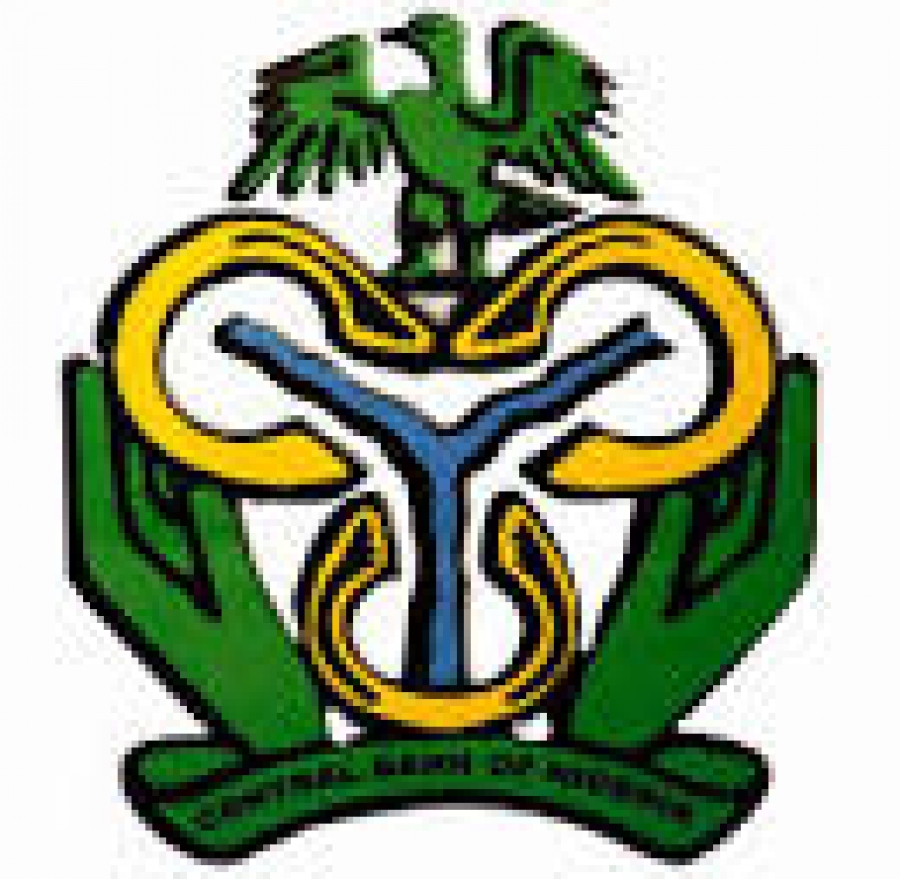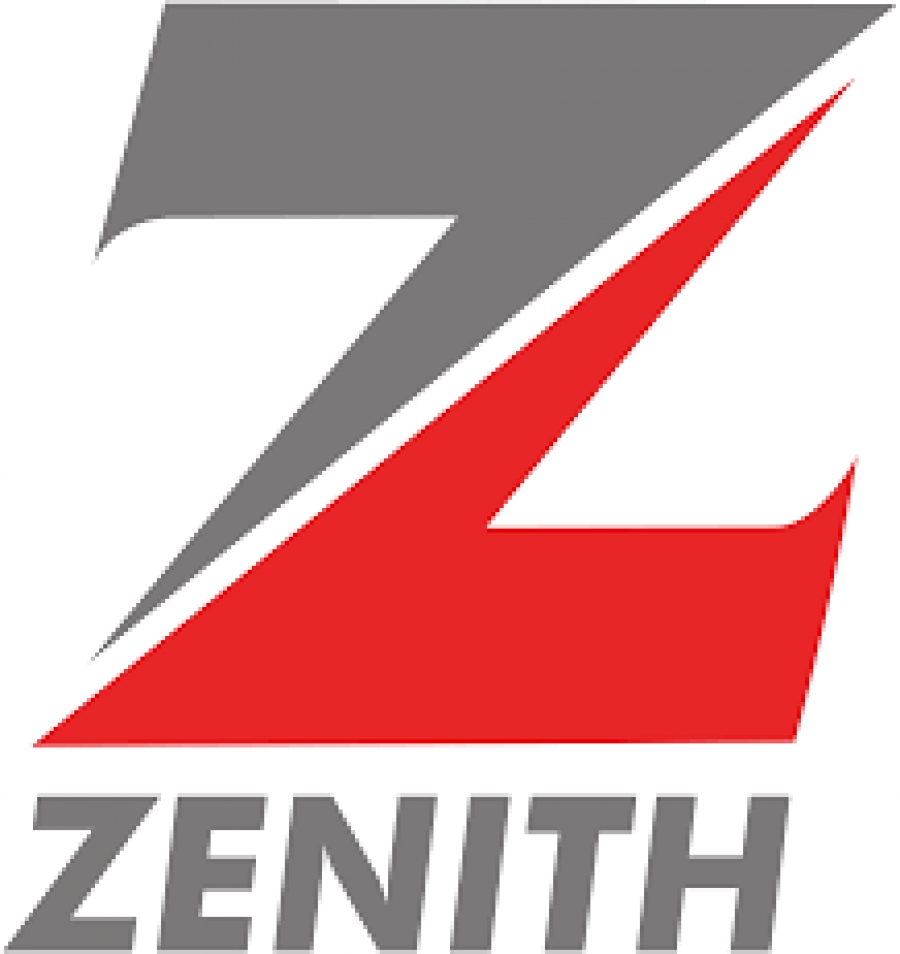Search
Finance (17)
CBN GOES AFTER FIVE BANKS DIRECTOR
Don't Write-Off," the CBN warns, as four banks approve loans totaling over N112 billion. Financial institutions should follow the recommendations the Central Bank of Nigeria provided about their senior directors who have debts. This is because directors of the Union Bank of Nigeria, Stanbic IBTC Holdings, Sterling Bank, and Access Holdings have received loans totaling more than N122 billion. Executive directors and staff members frequently receive loans with interest rates below the market.
The Central Bank of Nigeria (CBN) has introduced strict fines aimed at directors of financial institutions that obtain loans from the banks they are linked with in an effort to combat possible conflicts of interest within the banking industry. This action comes after N122.7 billion in loans and advances from four commercial banks were given to companies in 2022 that were under the control of senior management executives and connected parties.

The financial institution's directors, associates, and staff members received insider-related loans.
These financial institutions include Access Holdings, Sterling Bank, Stanbic IBTC Holdings, and Union Bank of Nigeria.
CBN insider loan guidelines The Central Bank of Nigeria's Circular BSD/1/2004, published February 18, 2004, on "Disclosure of Insider Related Credits in the Financial Statements of Banks," sets forth requirements for insider-related loans and advances. A bank is prohibited under the BOFIA Act 2020 from lending any of its directors or important shareholders more than 5% of its paid-up share capital.
Breakdown of banks' director's/employees' loans.
Holdings of Stanbic IBTC: N56.5 billion 53.4 billion Naira at Union Bank of Nigeria N2.4 billion, Sterling Bank N469.01 million Access Holdings Directors are strongly cautioned by CBN over non-performing loans. In another circular, the CBN emphasized that it would do away with directors who had defaulted on loans from bank boards and place them on a blacklist for employment at all other financial institutions. The following is taken from the document: "Any director whose credit facility or that of his/her related interests remains non-performing in the banking subsidiary of an FHC, for more than one year, shall cease to be on the Board of the Financial Holding Company (FHC), shall be blacklisted from sitting on the Board of such banking subsidiary, or that of any other financial institution under the purview of the CBN."
FUEL SUBSIDY: WHAT ZENITH BANK DID FOR IT’S STAFF?
Written by Kayode OlorundareOne of the biggest financial institutions in Nigeria, Zenith Bank, has instituted a company-wide compensation increase for all of its employees. The choice was made in reaction to the ongoing economic difficulties brought on by the elimination of gasoline subsidies. Nairametrics was informed by trustworthy sources within the bank that the compensation rise applies to both contract and permanent employees.
Some employees have been lucky enough to obtain large raises ranging from 25 to 50%, depending on their different grade levels. As praise and adulation for Zenith Bank's proactive effort to support its staff amid challenging economic times poured in from the financial industry, word of the pay increase spread like wildfire.
One of the biggest financial institutions in Nigeria, Zenith Bank, has instituted a company-wide compensation increase for all of its employees. The choice was made in reaction to the ongoing economic difficulties brought on by the elimination of gasoline subsidies. Nairametrics was informed by trustworthy sources within the bank that the compensation rise applies to both contract and permanent employees.

Depending on their corresponding grade levels, some individuals have been lucky enough to get significant rises ranging from 25 to 50%. As praise and adulation for Zenith Bank's proactive effort to support its staff amid challenging economic times poured in, word of the wage increase spread like wildfire throughout the financial sector.
$500 million Eurobond that was issued by the federal government through the Debt Management Office (DMO)




